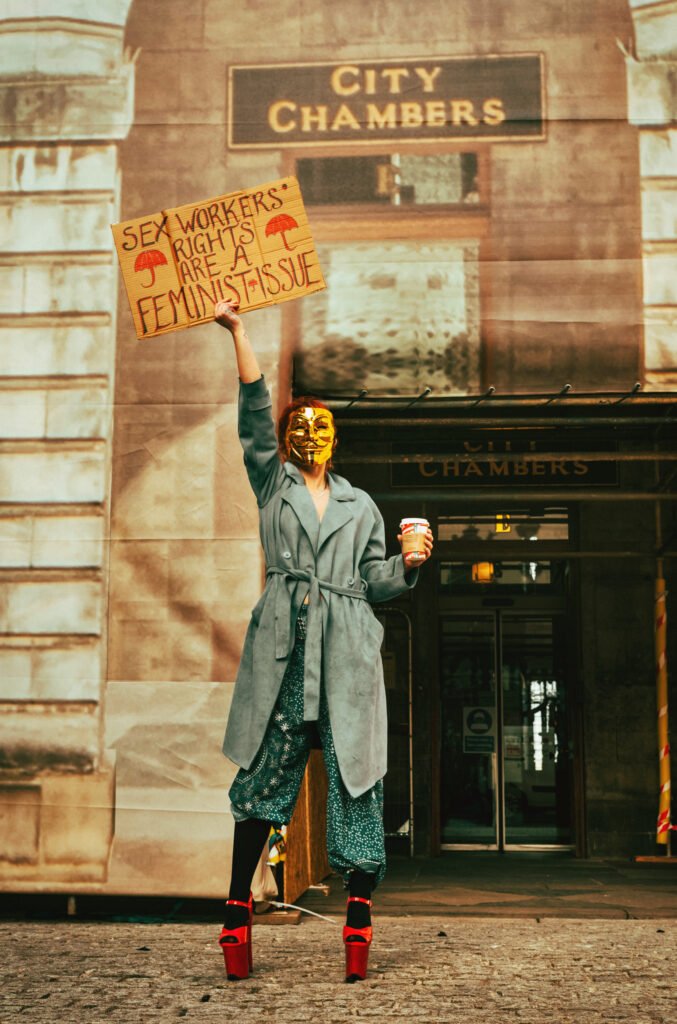Why Decriminalisation?
Every sex worker-led organisation in the UK is calling for the full decriminalisation of sex work: a legal model which decriminalises the sex worker, the client, and third parties such as managers, drivers, and landlords.
Decriminalisation means that sex workers are able to work without threat of criminal sanctions. Criminal and administrative penalties on prostitution are repealed. Sex workers’ workplaces are regulated through employment law, enabling workers to hold their bosses to account and form trade unions.
Decriminalisation means that sex workers can work where and with whom they choose, without interference from the police, unless workers choose to call them for help. Decriminalisation allows workers to access labour law to secure their rights, improve their working conditions, and tackle exploitation and harassment. Trafficking, exploitation, coercion and violence remain illegal under full decriminalisation.
Full decriminalisation is a necessary first step on the road to keeping sex workers safe. Sex workers also demand stronger anti-poverty measures from the Scottish government, to ensure that no one is forced to resort to sex work if they don’t want to. The Hookers Against Hardship campaign makes demands to address this crisis, including: universal access to benefits at a living wage level, rent controls, an end to benefit sanctions, and ending the ‘no recourse to public funds’ condition for migrants.
